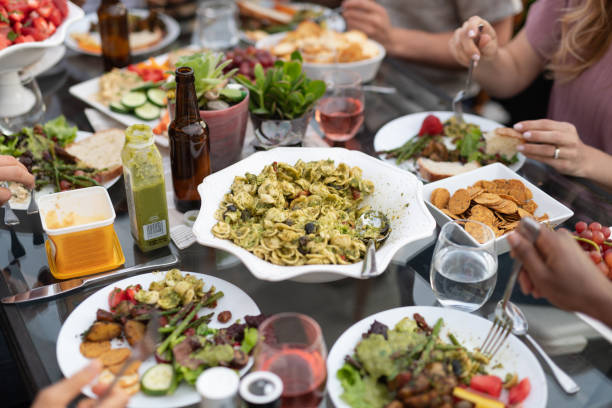
Exploitation of selected Sourdough Saccharomyces cerevisiae Strains Fruit Beer
The current interest in the special beer sector has led to the pursuit of novel materials for brewing, which includes new yeast ingredients and other strains, to distinguish the final products. The goal of this study was to identify the non-brewing S. cerevisiae strains for the creation of a fruity beer containing raspberry. The in vitro testing and the wort fermentations enabled to select two different sourdough S. cerevisiae species with high consumption of maltose as well as maltotriose and high ethanol production with high viability.
The fruit beers (FB) along with the control beer (CB) with no raspberries were made. Fruit addition increased sugar consumption (7 days as compared between 13 and 7 days) as well as increased production of glycerol and ethanol by yeasts. Inoculation with raspberry and yeast had a significant impact on the aroma of beers. FB samples revealed a higher amount of volatile organic substances (VOCs) The most prevalent classes were alcohols which were followed by esters, and acids. Inoculation of FB with the selected SD12 strain. cerevisiae SD12 had the highest VOC levels (507.33 mg/L). These results suggested the possibility of using to sourdough strains in the brewing process. These when combined with raspberry addition could be used to make beers that have enhanced aroma and desirable chemical characteristics.
Keywords: fruit beer ; Sourdough Saccharomyces cerevisiae sourdough strain ; Aromatic profile ; raspberry ; craft beers ; Non-brewing yeasts
Introduction
Beer is among the most loved and consumed alcohol-based drinks throughout the world. There is a vast variety of beers has been produced, the different styles of production are generally classified according to three distinct categories: “Ale” beers, “Lager” beers and a third one, which is naturally fermented, or “Lambic” beers. Saccharomyces cerevisiae is by far the most popular microorganism responsible for Ale production and Lager is typically made with S. pastorianus 1 ].
Recent years have seen the increasing popularity of the craft beer market has brought out the need for novel products that aim to create beers that have unique, distinctive characteristics. To accomplish this the use of various ingredients or different microbial strains have been proposed.Fruit beers fall under the category of beer special that is made by adding raw fruit directly, extracts of fruits, or fruit-flavored ingredients during various stages of the production process, like maturation, fermentation or bottle refermentation 2 ].This is the result of almost 300 volatile substances, primarily those that belong to the monoterpenes and acid class of compounds 12 ].
Together with the raw material the starter yeast used in both primary fermentation as well as bottle refermentation is a different factor that can significantly affect the taste of beer It is also a major factor that strongly influences the beer’s flavor. 13 ]. A significant role is assigned to the yeast strain because of the strain’s dependence on various technological characteristics. Craft beer production is a particular case this is particularly important since the distinctive and typical taste characteristics are essential to give the uniqueness in the finished product. In this sense it is important to develop new starters for microbial fermentation can be targeted towards improving available yeast strains, or by choosing new yeast strains from various fermented matrixes.
The capability to quickly and efficiently utilize the available fermentable carbohydrates such as ethanol and glycerol production as well as hop tolerance and the production of the aroma compounds of your choice are considered essential in the selection of yeast strains for the brewing process. 14 ]. In fact, several studies are currently focusing on increasing the diversity of microbial species that contribute to beer production, such as the possibility of using in the brewing process of various yeasts, like Saccharomyces isolates from fermented or unfermented food items (e.g. cachaca, ripe fruit, sourdough) (e.g., cachaca, ripe fruits, sourdough 15 , 16 , 17 Non-Saccharomyces strains 18 ].
In context that, the goal of the study was to examine the technical properties of commercial varieties that are derived from S. cerevisiae derived from wineries and sourdoughs. The selected strain and commercial brewing starters were utilized to make beers by adding raspberry puree. The results of the strains as well as the addition of fruits were assessed by evaluating the aromatic and physicochemical characteristics of beers.

